I had a good reading month, including a few books from my trip to a Barbadian bookshop, plus a couple for the Japanese Literary Challenge. Here are the details.
I had a good reading month, including a few books from my trip to a Barbadian bookshop, plus a couple for the Japanese Literary Challenge.
Dog-Heart by Diana McCaulay
What happens when a well-meaning, privileged middle-class woman tries to help a street kid from one of the poorest parts of Kingston? This novel by Jamaican writer Diana McCaulay explores this fascinating question with a lot of sensitivity to issues of race, class and inequality. A great start to my reading year.
Ms Ice Sandwich by Mieko Kawakami
Next up was a book for this endearing Japanese novella about a young boy with a crush on a woman who works at the sandwich counter in the local grocery store. Read my review of Ms Ice Sandwich here.
Lote by Shola van Reinhold
This is a book that definitely deserves a full review, which I hope to write soon. It’s hard to encapsulate in a few sentences: the plot will sound dull if I tell it to you, but this is a novel about art, beauty, race, sexuality and so much more. It took a while to get into it, but I loved it in the end.
Snow by John Banville
I love John Banville’s writing (you can read my reviews of some of his other books here). This one was a bit disappointing, though—it was a fairly predictable detective novel about a murder in the library of a country house. It was OK, but not as good as his other novels like Birchwood.
How to Blow Up a Pipeline by Andreas Malm
Don’t worry, this is not a how-to manual. It’s a very coherent argument in favour of taking more direct action to protest against climate change. Malm is clear that he’s not arguing for violence against people, only damaging property, and he uses historical examples to show that many of the famous “non-violent” movements of the past also used similar tactics.
What Have You Read Lately?
I’d love to hear your thoughts on any of these books, as well as your recommendations from your own reading. Leave a comment below!
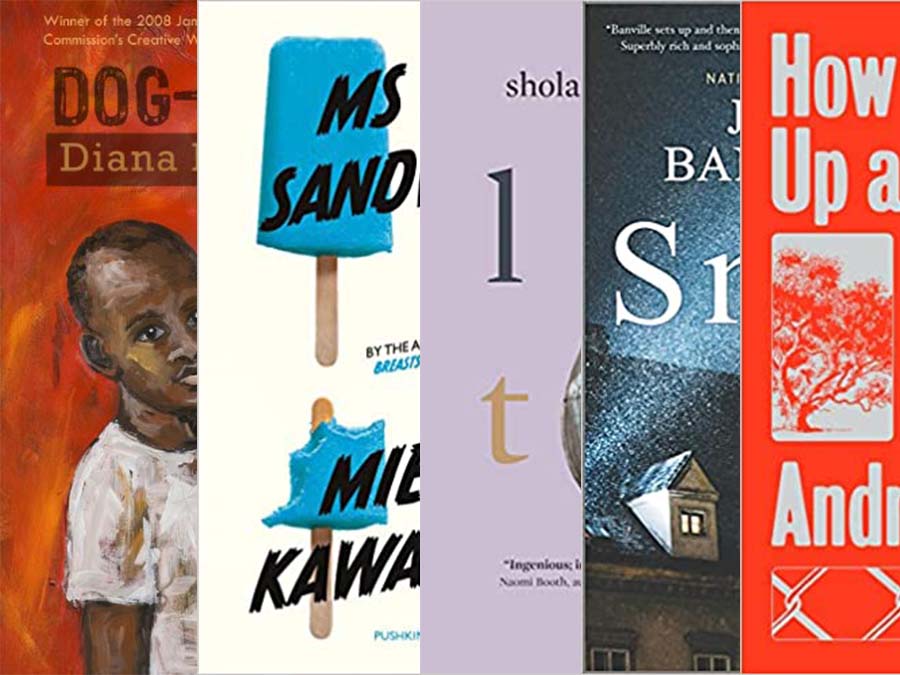
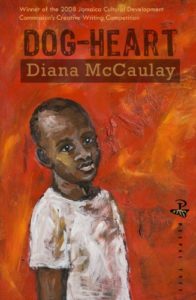
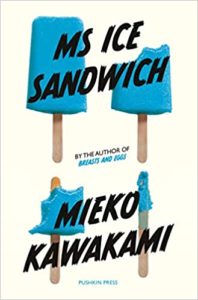
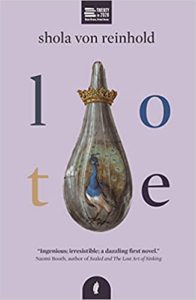
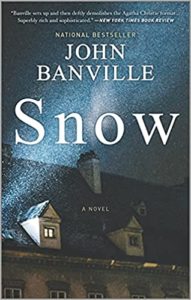
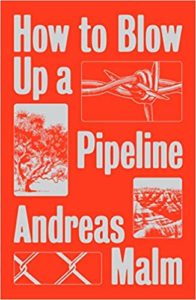


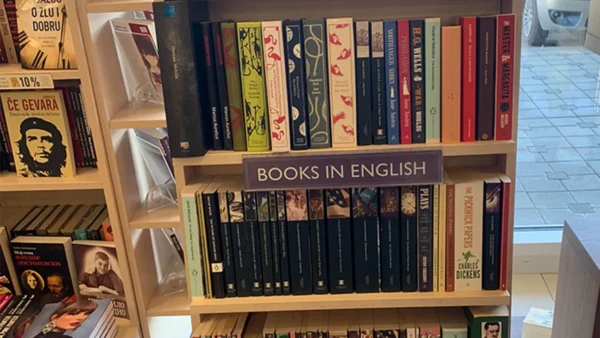
There are 9 comments
What a great reading month you’ve had, to launch your year of books. The Pipeline book is on my TBR but the others all sound good too (I’ve only read one of Banville’s books, but he’s a fine writer). Both Dog-Heart and Lote sound very appealing. January has been a relatively slow reading month for me, mostly occupied by Marlon James’ backlist and his newest novel in the Dark Star trilogy. He’s so talented and his books are so well researched: it took me a long time to read them (and just as long to tease through the ideas behind them).
Oh, that’s interesting – Marlon James is a writer I’ve been meaning to read for years, ever since he won the Booker, but I’ve never got around to it. Any recommendations for a good place to start?
Nice list!
I’m intrigued by How to Blow Up a Pipeline. I have recently read several novels (especially in French) with environment issues in them.
Enjoy your new month of reading!
Thanks Emma! Yes, the pipeline book is interesting. I’ve always preferred non-violence, but the evidence in the book about the importance of violence as a complement to the non-violent protests in historical movements was quite compelling.
A good month! Are you back home from Barbados now? I’ve been vacillating on whether or not to read How to Blow Up a Pipeline since it was published. I can’t work out how I feel about that sort of direct action. I should probably just read the book and that would help me sort it out!
Nope, still in Barbados! It’s going to be very tough to leave 🙂
I think you’d like How to Blow Up a Pipeline. I’m a peaceful person by nature and am very uncomfortable with the idea of using violence to get stuff done, even something as important as dealing with climate change, but the book makes some very good arguments and helped me to challenge some long-held beliefs. Malm is always clear that non-violence is the best way, but his point is: what happens when you protest peacefully and the world’s leaders still keep us locked on a course of self-destruction? What do you do next? Based on the current trajectory, I think that’s a question I think we’ll have to grapple with at some point. The title of the book is quite inflammatory, but the book itself isn’t. I’d recommend it!
Ok, you sold me!
And yes, the longer you are in Barbados, the harder it is going to be to leave!
Dog-Heart sounds really interesting. I’ll have to look that one up.
It is a good one, Nicole! It was a random bookshop purchase that I knew nothing about in advance, so it was a really pleasant surprise that I ended up enjoying it so much!